For the first time in five years, the Lewis Cass livestock judging team advanced to Nationals. Not only did they make it to the National Contest they also placed fifteenth. This contest was on the more competitive side. The team has to judge twelve classes and give four sets of reasons along with three sets of questions. To explain more, judges ask you to give sets of reasons for you to explain why you placed the class (category) the way you did. Questions the judges ask are when you have to test your comprehension of the livestock by answering questions about the class.
Mr. Plank, the livestock judging coach, shared his thoughts on how the contest went and said, “We placed really well off the floor which means we got the classes close to correct from a placing standpoint. Each class is worth 50 points for a placement. We had four sets of reasons which is another additional 50 points based off of the contestants’ flow and accuracy on a memorized set of oral reasoning as to why the contest placed the animals in the order that they did. Then at this contest, we had three sets of ten questions where the contestants had to remember certain characteristics about the animals (cattle, sheep, goats, pigs) in a particular class and answer the questions correctly. Ten questions at five points apiece is 50 points per class. We placed fifteenth as a team and despite being one of the better teams off the floor only losing 105 points on our placings which were out of a total of 1800 points. We did poorly on the questions. McCoy Taylor had a great day being seventh overall in Swine and eleventh overall individually.” McCoy was asked what it felt like to experience this and said, “It felt really good to place this high, however, I still hoped to do a little better. This spring I plan on putting in some more work so I can continue to sharpen my skills.”
Mr. Plank was asked how the team prepared for Nationals on the way to Nebraska and said, “The trip took a lot of time to prepare. We had to get field trip approval and since it was an overnight/out-of-state trip there was extra school board approval needed. We had to register for the contest, rent a vehicle, plan our livestock stops, plan where we would stay, and then of course prepare for the contest itself by judging classes, giving reasons, and answering questions which we did in the months leading up to the contest and especially on the trip to the contest.”
The trip consisted of lots of judging and practicing and while doing this the team got to go see large facilities (such as large farms and show barns) producing high-quality livestock. Mr. Plank said, “We made various stops at livestock producers’ operations. On these stops, we learned about the operation and talked to the producer. We also got to observe their facilities. But the main reason for the stops was to judge classes of livestock and hone our skills in preparation for the contest.”
Not only did the Kings show up to compete they also learned life skills that will last a lifetime.
The team got to study high-quality livestock and really focus on understanding and judging the livestock. They upped their skills in talking and gave high-level sets of reasons. All in all not only does livestock judging provide you with incredible opportunities but teaches you life skills that will last a lifetime.

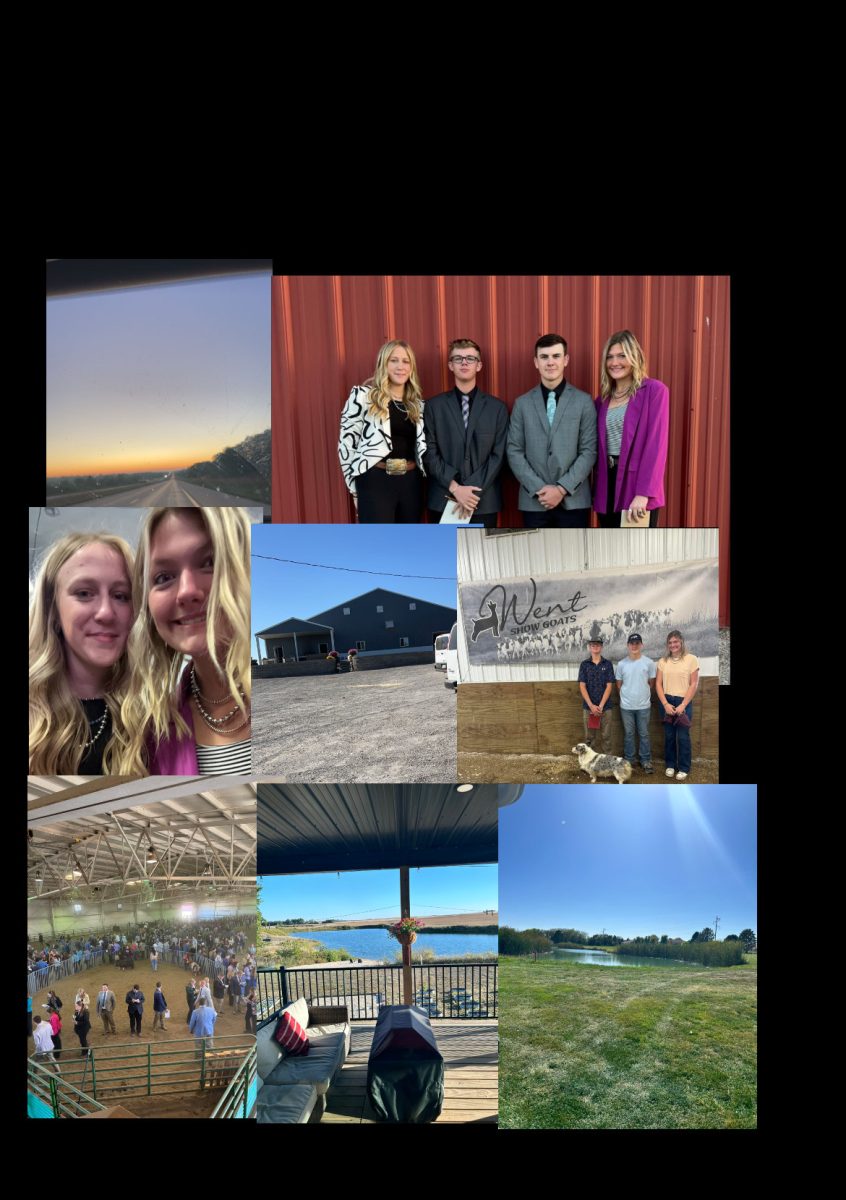

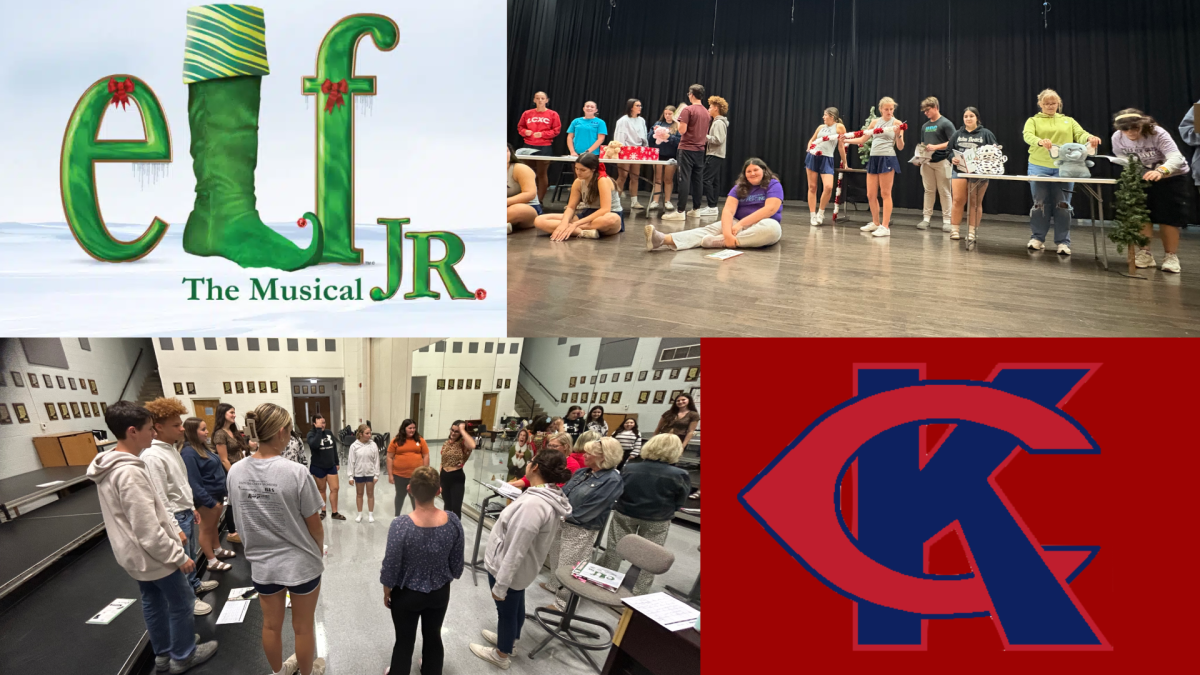
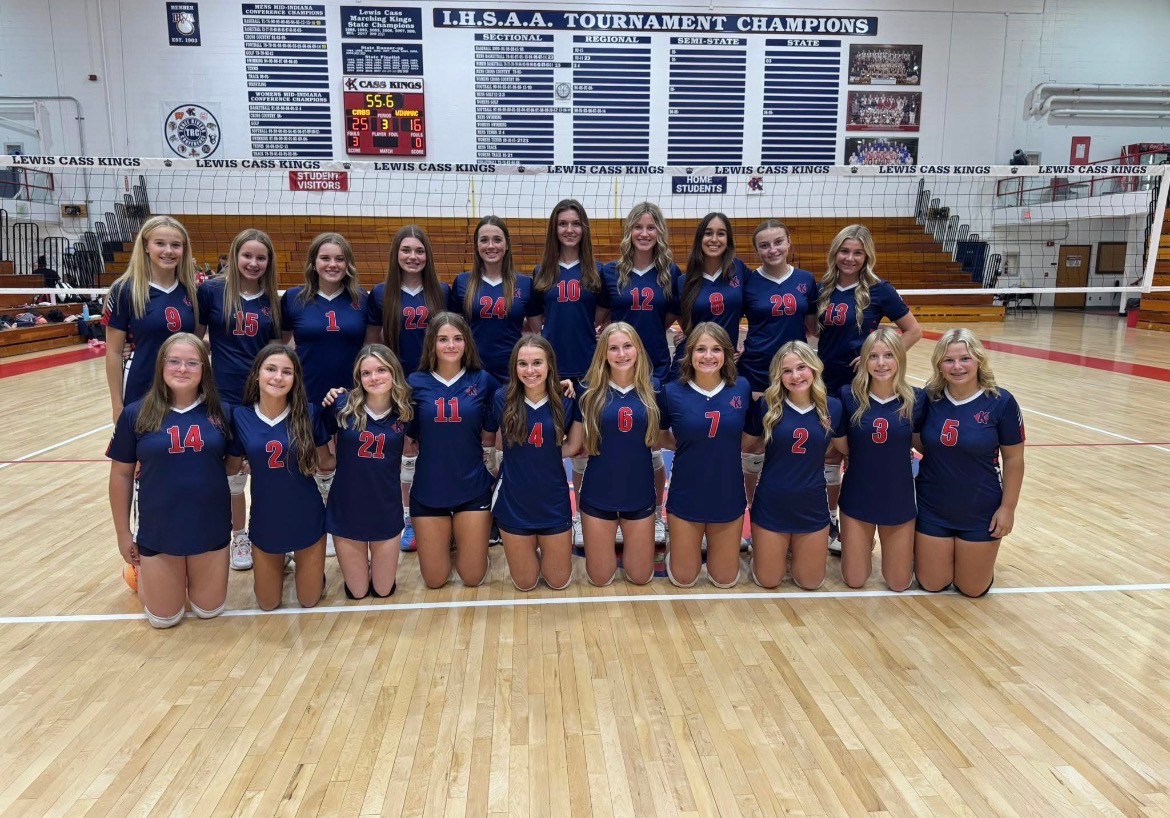
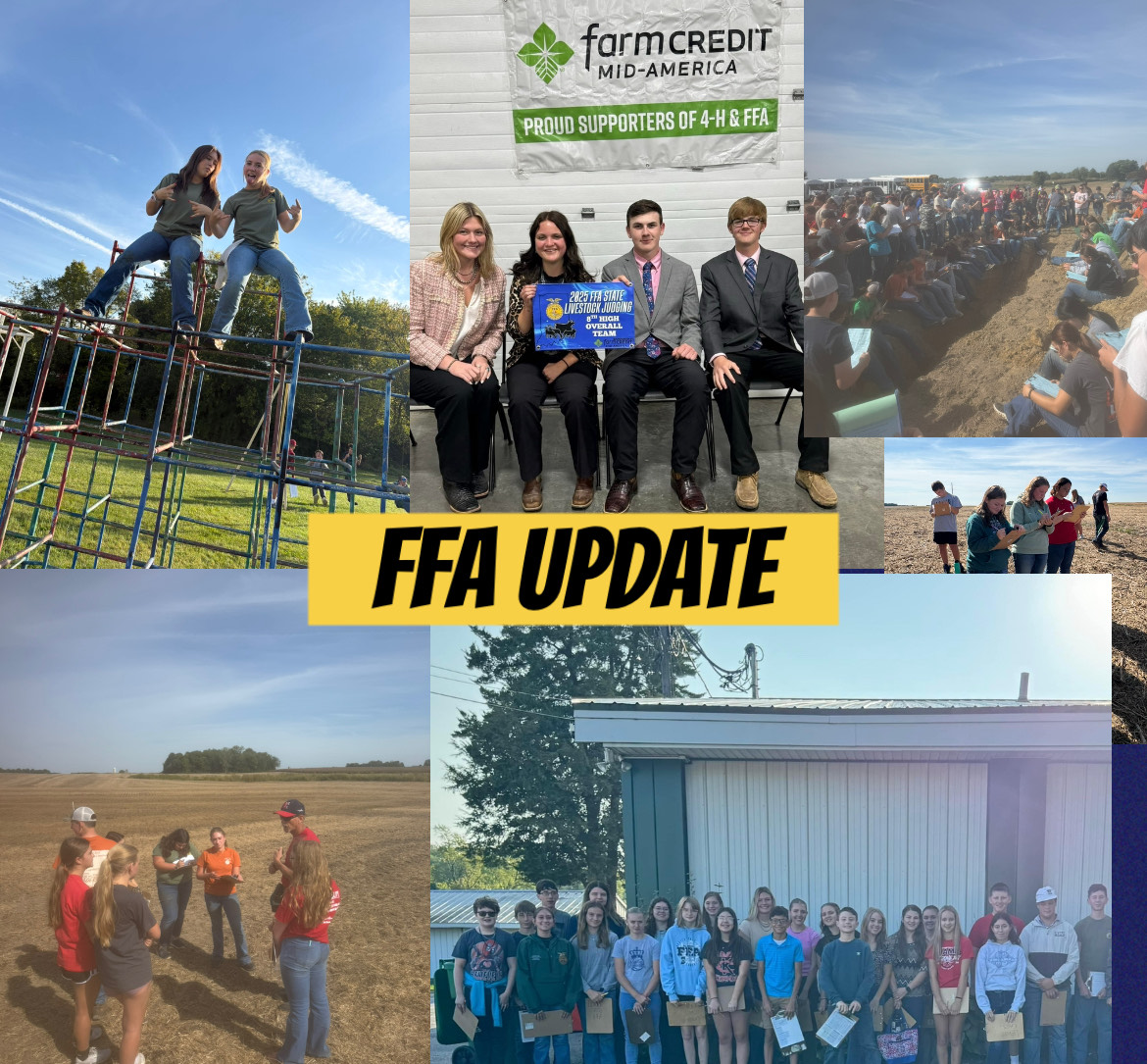

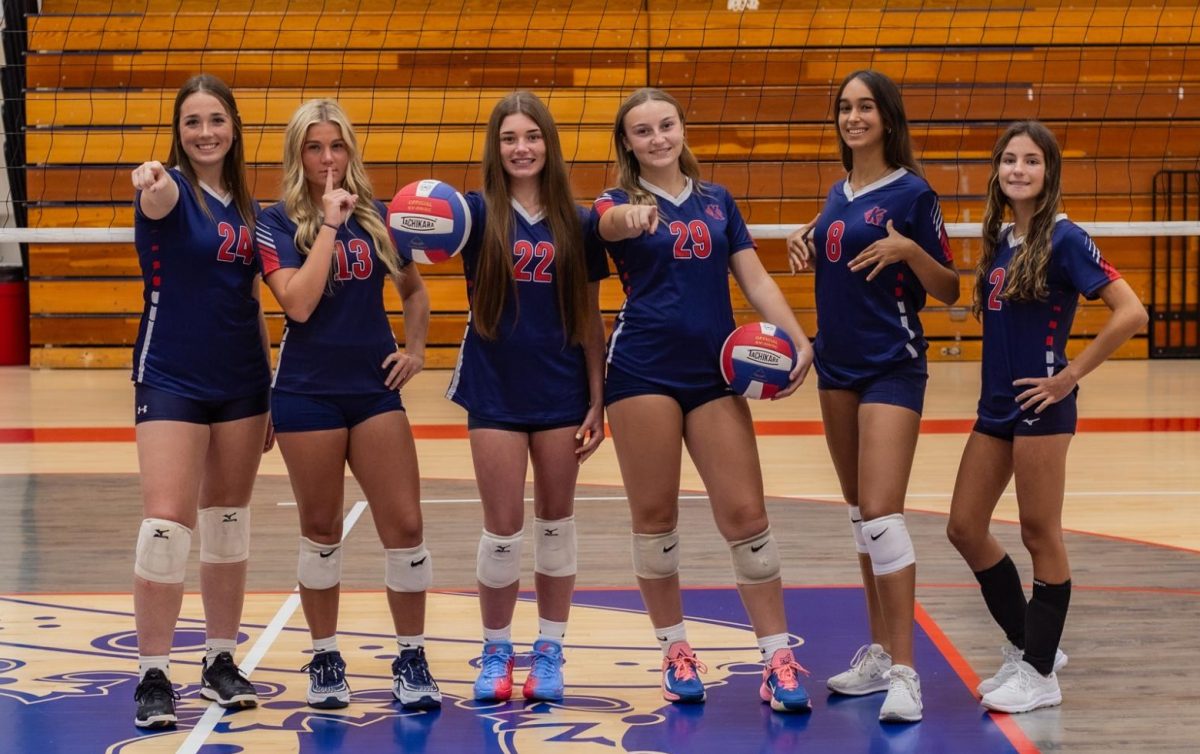

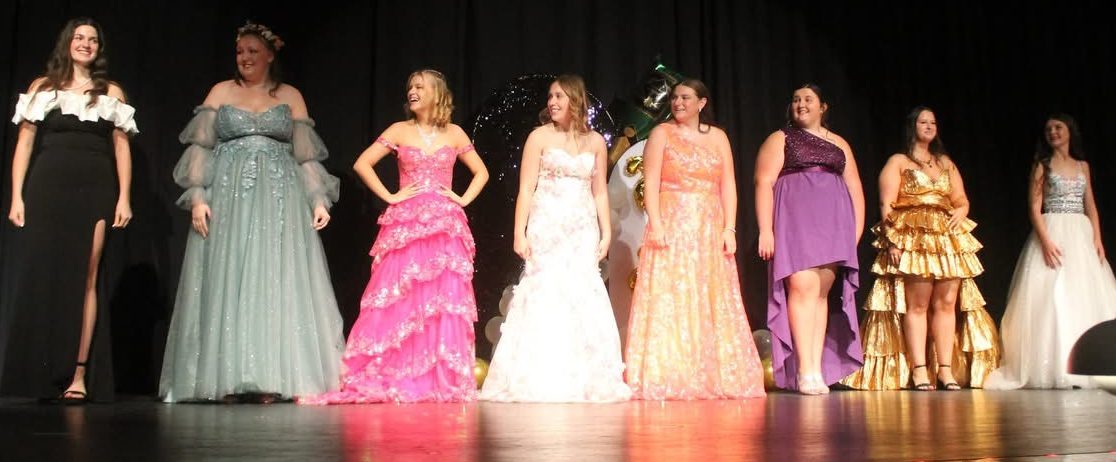


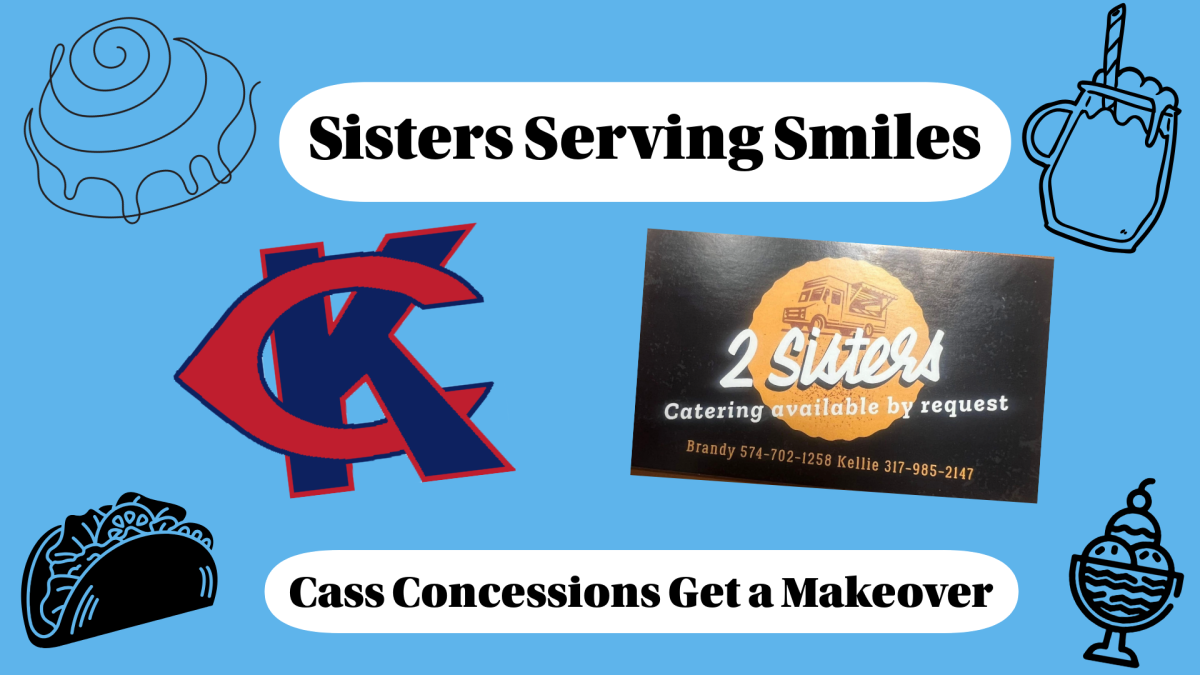

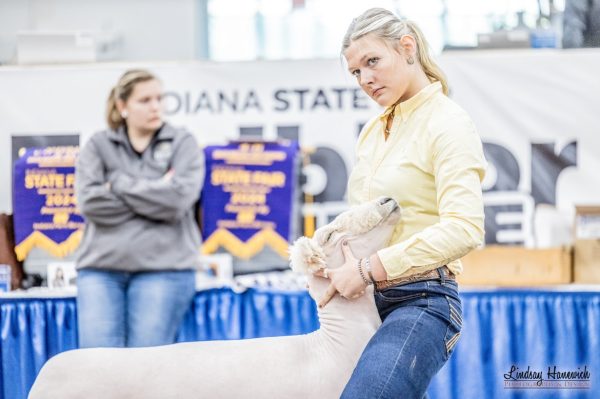
Case Morehouse • Oct 9, 2024 at 12:03 pm
Congratulations guys! Great job in Nebraska.